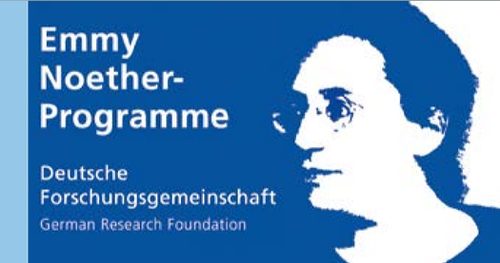Daniel Brandau
Plausible Future: Rocket Enthusiasm in Germany, 1920-1960
While spaceflight became a reality with Sputnik’s orbital journey in 1957, German and British experts and non-experts alike had discussed its feasibility since the 1920s. Yet how were prospects of space travel produced and discussed as plausible visions of the future when they were still far from reality? From local up to transnational perspectives this dissertation project explores British-German entanglements in the cultural production of technological and social feasibility. While German engineers’ discussions about liquid-fuel rocket propulsion and spaceflight in the 1920s also triggered public discourse that was often impelled by the same emergent group of space experts, the relation of real-world rocketry and outer space remained highly ambivalent, not least because the rocket was primarily used as a weapon. This was even more so in Britain, where amateur rocket experiments were prohibited due to legal restrictions. However, the British Interplanetary Society, founded in 1933, evolved into Europe’s most influential and independent network of space advocates. Once spaceflight was perceived as reality in the late 1950s and early 1960s, visions changed and displayed considerable continuities at the same time. Transnational exchange of knowledge in discourse and practice shaped the nexus of technology, utopia, and visions of a future in space.
The dissertation focuses on the shifts of technological concepts from fantasy to long-term visions and even short-term prospects, and vice versa. What discursive impact did vicissitudes and continuities in the sphere of the space experts and other actors have? Case studies on the transnational dimensions of rocket enthusiasm, notably rocket mail and ‘weather shooting’, look into the interdependencies of real-world technology, futuristic visions, military connotations, and perceptions of technical and social feasibility. How did the rocket become a potential spaceship? The relations between popular science and science fiction reveal the cultural construction of social feasibility. To what extent did technological visions forecast social change? This dissertation focuses on actors who communicated visions of feasibility and the conditions of these cultural productions. Correlations of expert, institutional, and popular communication provide insights into how far innovation in the first half of the twentieth century was not just a matter of economic or technological progress, but depended upon broader cultural and social forces.

